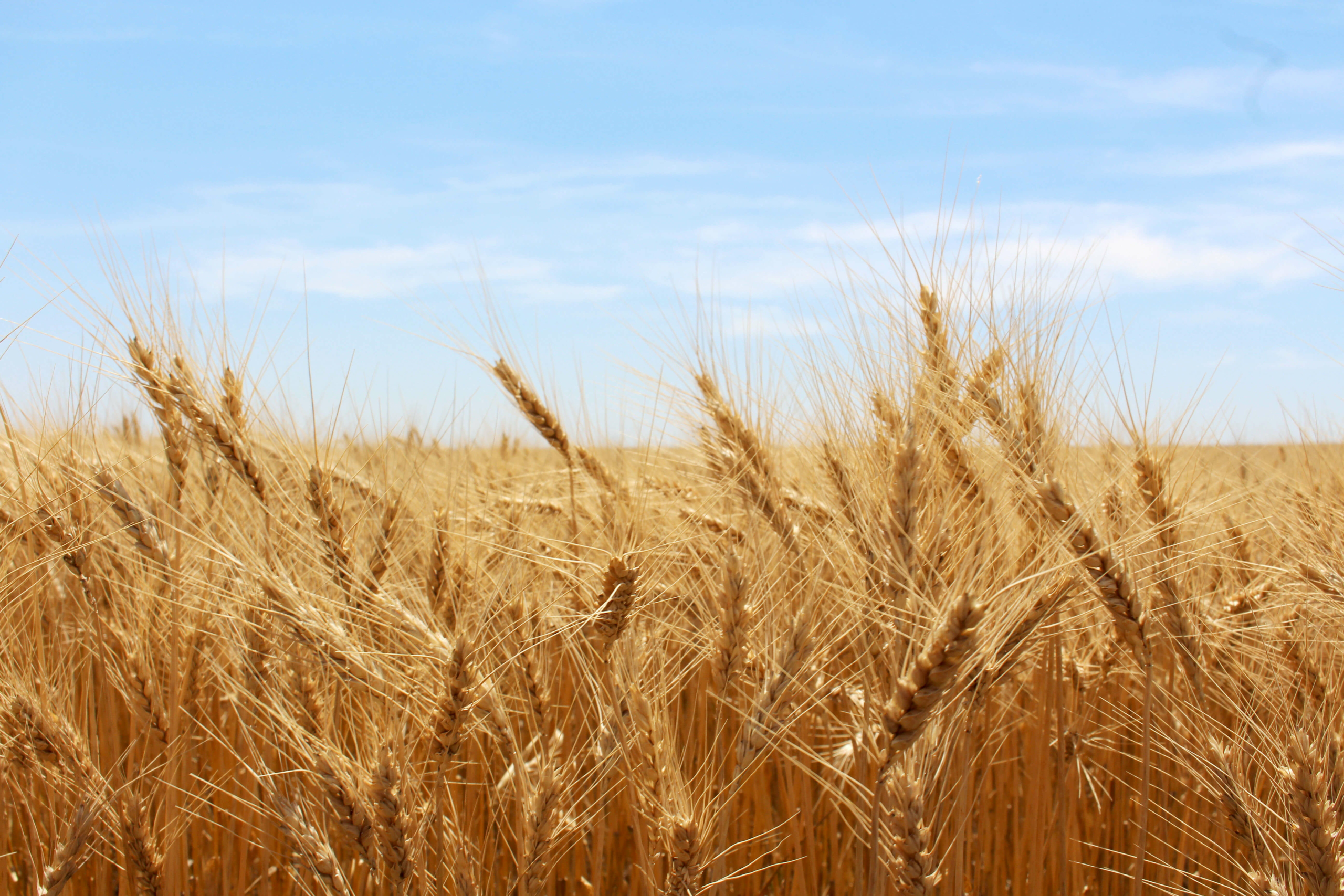A Decade Lost: Give Farmers the Freedom to Compete
This week marks the 10-year anniversary of the signing of the U.S.-Panama Trade Promotion Agreement and the Korea-U.S. (KORUS) Free Trade Agreement. These were the last free trade agreements completed by the United States. In the decade since, there has been plenty of negotiating, but nothing to show for it.
The Trans-Pacific Partnership (TPP) is on its way to ratification without the United States. The Transatlantic Trade and Investment Partnership (TTIP) is indefinitely on ice. The North American Free Trade Agreement (NAFTA) modernization effort is now likely to slip into 2019. An update to KORUS made only cosmetic changes.
Meanwhile no other country has agreed to sit down at the negotiating table as the United States slaps unilateral tariffs on close allies and strategic competitors alike.
The familiar African proverb says that when elephants fight, it is the grass that suffers. Unfortunately for farmers, that grass is the wheat growing in their fields as the big guys in the United States, China and other countries escalate this trade fight.
In a trade war, agriculture always gets hit first and the effects are likely to force overseas customers who want quality U.S. farm products to compromise or seek alternative supplies and to further erode the incomes of farm families who strongly support addressing the real concerns about trade barriers.
That is why in 2016, U.S. Wheat Associates (USW) and the National Association of Wheat Growers (NAWG) called for World Trade Organization (WTO) cases intended to push China to meet its WTO commitments on domestic support and tariff rate quota management. We are glad the Trump Administration supports and is pursuing those cases. That is also why USW will continue to press for new trade agreements, including U.S. accession to TPP.
USW and NAWG know that farmers still want our organizations to keep fighting for fair trade opportunities because they know they can compete successfully in the world based on the quality and value of what they produce — given the freedom to do so.
We would prefer, however, to see our government do that first within the processes already in place.


